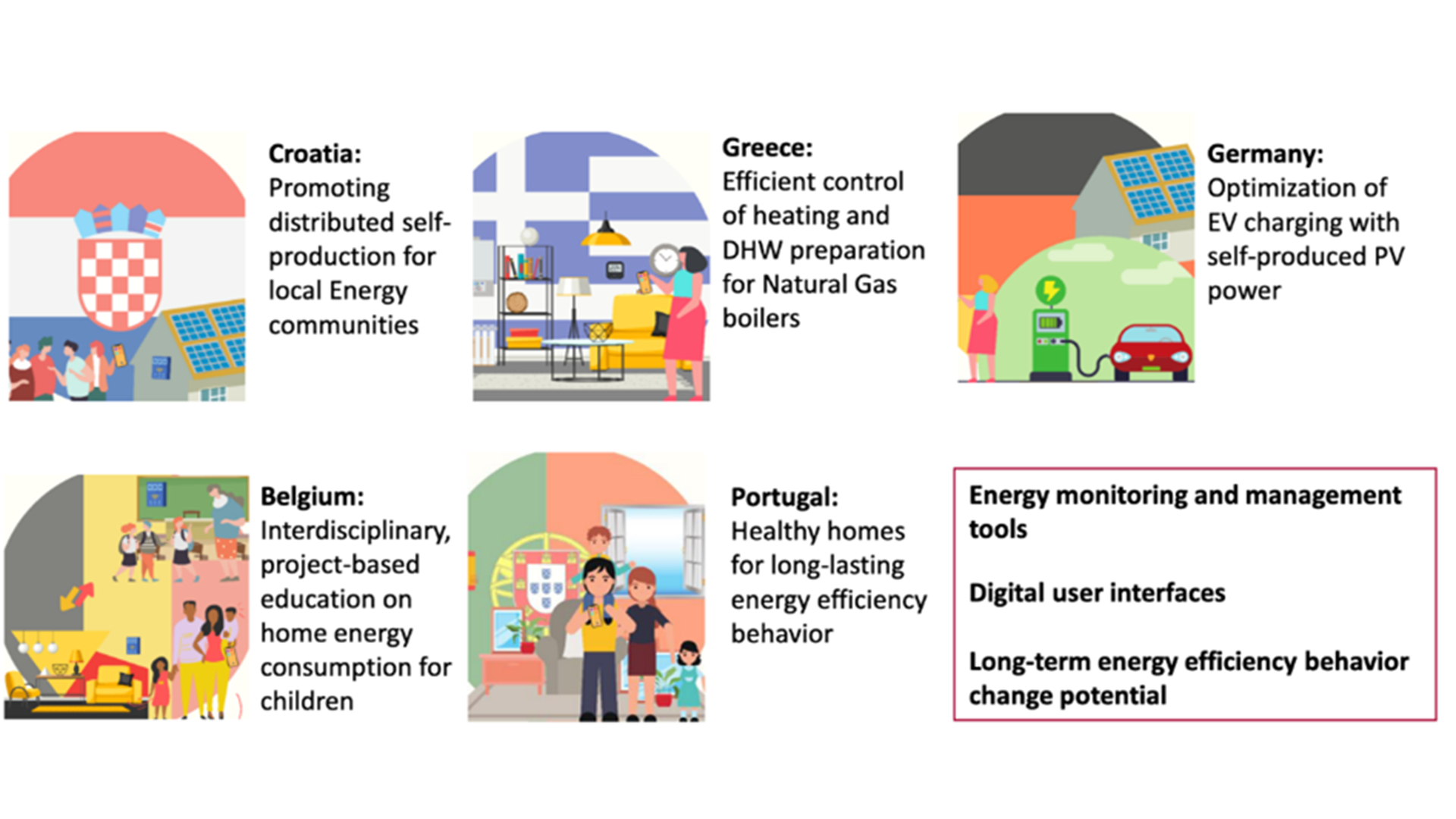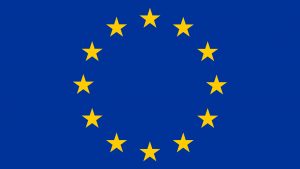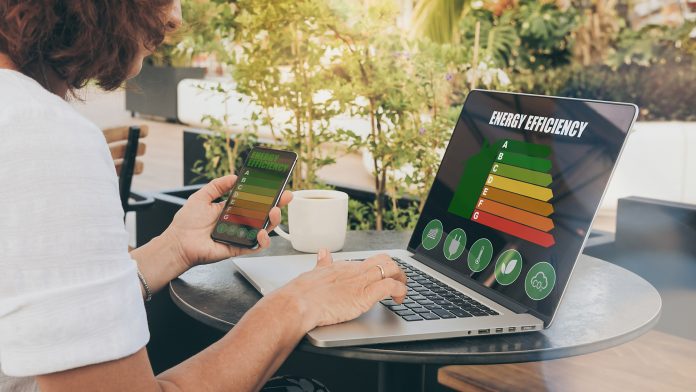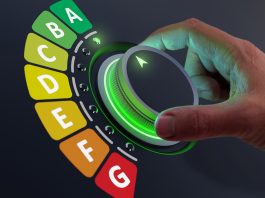In the pursuit of sustainable energy practices, the NUDGE project undertook a comprehensive exploration, employing surveys to inform five field initiatives aimed at testing diverse energy-saving behavioural interventions.
Operating in five distinct EU countries and catering to diverse demographics and energy contexts, the project employed behavioural interventions to tackle challenges such as increasing self-consumption, improving energy knowledge, optimising electric vehicle charging, and reducing various forms of energy consumption.
The pilot projects sequentially implemented nudging interventions, combining feedback, awareness, gamification, goal setting, push notifications, and educational approaches to influence energy behaviours.
Concrete solutions investigated
The results of the survey were used in the subsequent phases of the NUDGE project, which involved the design and implementation of five field initiatives (pilots) to test a wide range of energy-saving behavioural interventions.
The pilots targeted consumers in 5 different EU countries (Greece, Belgium, Germany, Portugal and Croatia), in different environments (residential, energy communities, schools), belonging to different age groups (including young children), belonging to different income classes (low, medium, high), served by different energy carriers (electricity, natural gas), with the inclusion of prosumers and drivers of electric vehicles.
Specifically, the pilots aimed at:
- Increasing self-consumption (Germany, Croatia);
- Improving energy knowledge (Belgium);
- Optimising the charging of electric vehicles with self-generated photovoltaic energy (Germany)
- Reducing heating-related consumption (Belgium, Portugal and Greece)
- Reducing electricity consumption (Portugal)
- Improving indoor air quality (Portugal).
Three nudging interventions were tested in sequence in the four pilot projects, excluding the Belgian one, which provides educational nudges through courses during the school year.
Most of the pilot projects started with nudging interventions that provided feedback on participants’ energy consumption and aimed to increase their awareness. These were followed by more interactive nudges, particularly those with push notifications, just-in-time prompts, gamification or goal setting.
| Germany | Croatia | Belgium | Portugal | Greece | |
| Nudge 1 | Feedback and awareness | Stimulating empathy | Educational nudges and pupils as multipliers for two school cohorts | Feedback and awareness | Feedback and awareness |
| Nudge 2 | Gamification and goal setting | Feedback and awareness | Push notifications | Just in time suggestions | |
| Nudge 3 | Default | Gamification and goal setting | Push notifications, feedback and awareness | Push notifications |

First assessments and main lesson learned
The results of the pilots show some positive cases of energy savings ranging from 0.4 to 3.5% and as high as 15% in the case of nudges aimed at smart charging of electric vehicles.
That said, and taking into account some limitations, the main key message for actors to keep in mind is to be aware of different energy user profiles.
Indeed, people differ in their energy consumption profiles (including their motivations to use or save energy); hence, different behavioural interventions may be appropriate to nudge them towards energy efficiency.
These include:
- Understand energy consumption behaviour and different energy user profiles
- Mix of different nudges to be able to target all energy consumers
- Understand and address the role of the younger generation
- Understand the impact of the regulatory framework and other external factors (e.g., price) on energy consumption behaviour
- Investigate the interplay between behaviour, nudge and regulatory/external conditions
- Investigate not only positive but also negative effects
- Adapt your nudges regularly
- Use the technological development
- Target new behaviour
- Use digital infrastructure to deliver information and nudges
- Establish long-term monitoring (see also 02)
- Keep it simple!
- Use existing infrastructure
- Use default nudges
- Strong link between nudge and intended behaviour change

The NUDGE project offers valuable insights into fostering energy efficiency through tailored behavioural interventions.
While the pilot projects demonstrated promising results, the key takeaway is the imperative to acknowledge and accommodate diverse energy user profiles. The multifaceted approach, incorporating nudges informed by feedback, awareness, gamification, and education, underscores the need for adaptability.
Recognising the interplay between behaviour, external conditions, and regulatory frameworks, it advocates leveraging technological developments for sustained impact, emphasising the importance of aligning nudges with individual behaviours to catalyse a lasting shift towards energy-conscious practices.
The project “NUDging consumers towards enerGy Efficiency through behavioural science (NUDGE)” has received funding from the European Union’s Horizon 2020 research and innovation programme under Grant Agreement no. 957012. The sole responsibility for the content of this publication lies with the authors. It does not necessarily reflect the opinion of the European Union. Neither CINEA nor the European Commission are responsible for any use that may be made of the information contained therein.

This article is part of the exploitation activities carried out by Cittadinanzattiva/Active Citizenship Network in the context of the EU funded project “NUDging consumers towards enerGy Efficiency through behavioural science (NUDGE)” with the support of INNOVATION NEWS NETWORK.










